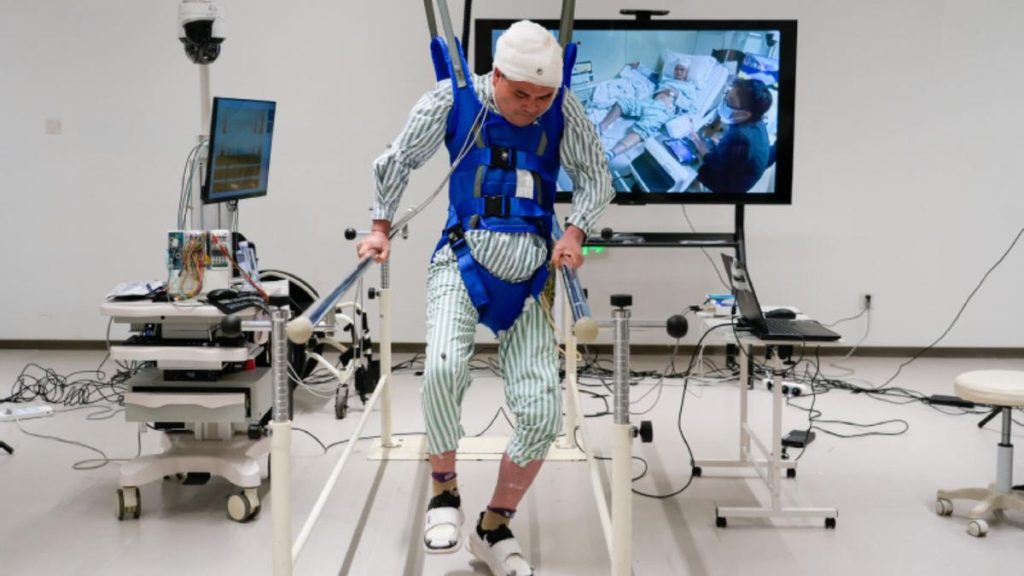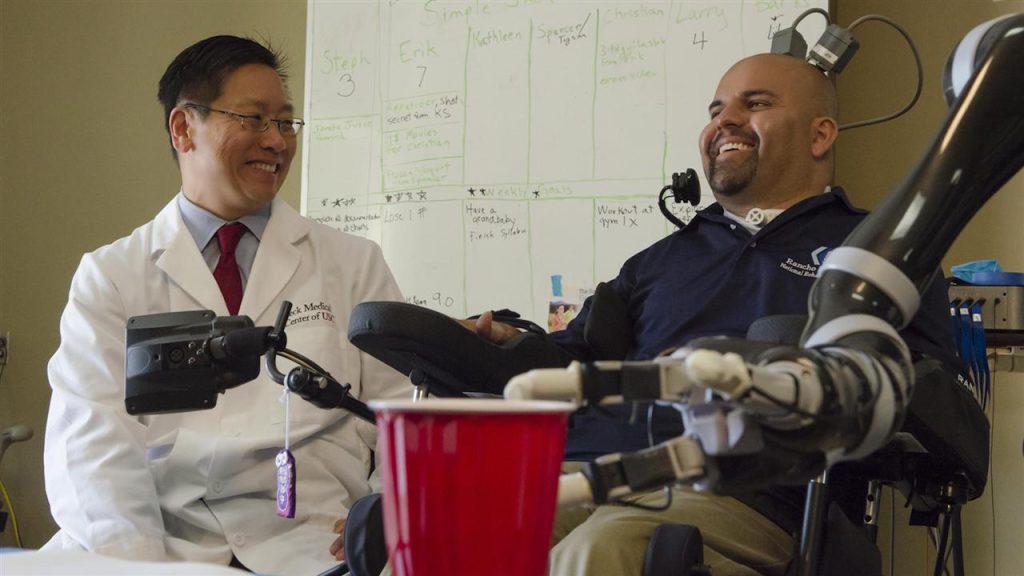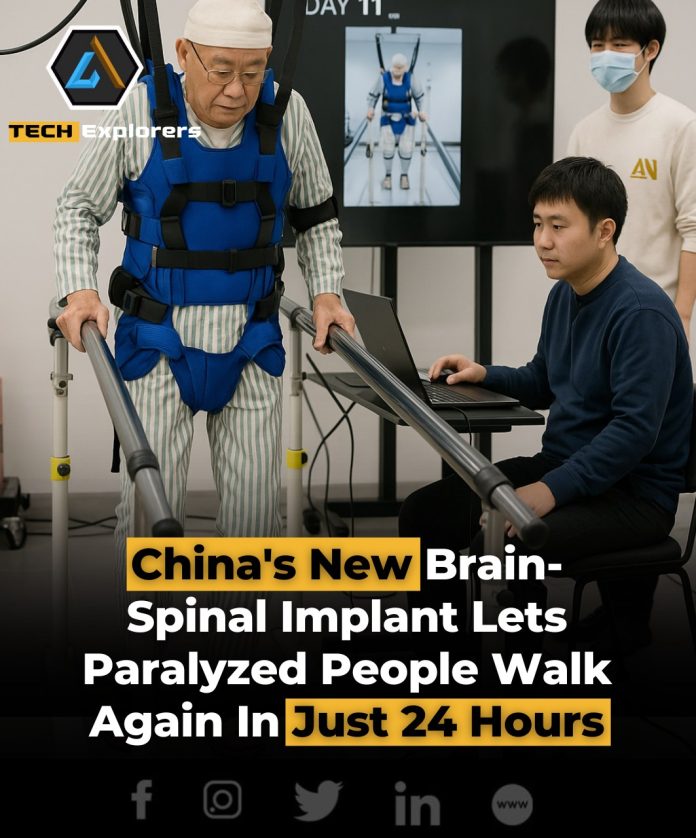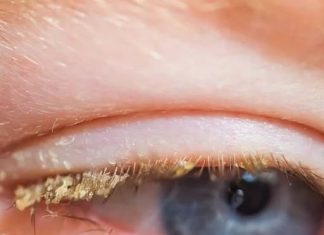In a groundbreaking advancement in neurotechnology, researchers at Shanghai’s Fudan University have developed a brain-spinal interface (BSI) that has enabled four paralyzed patients to regain mobility. This innovative approach, involving the implantation of electrode chips in both the brain and spinal cord, reestablishes communication pathways disrupted by spinal cord injuries. Remarkably, patients began moving their legs within 24 hours post-surgery and achieved independent walking within weeks.

The BSI system functions by capturing motor signals from the brain’s movement center, decoding them through advanced algorithms, and delivering tailored electrical pulses to spinal nerves below the injury site. This process effectively reroutes movement commands around damaged areas, allowing patients to control their limbs naturally.
Unlike traditional brain-computer interfaces (BCIs) that rely on external devices, this internal “neural bypass” stimulates dormant nerves directly, promoting neural remodeling. This technique not only restores movement but also encourages the nervous system to rewire itself, potentially reducing the need for lifelong assistive devices.
The clinical trial involved four patients who underwent minimally invasive surgeries between January and March 2025. Each procedure lasted approximately four hours and included the implantation of two 1-mm-diameter electrodes in the brain’s motor cortex and a stimulator chip in the spine.
One notable case is that of a 34-year-old man who had been paraplegic for two years following a fall. Within 24 hours of surgery, he could lift both legs. By the second week, he was walking over 16 feet with the aid of a standing frame. Other patients exhibited similar rapid recoveries, with some reporting restored nerve sensations, such as the ability to feel warmth and the urge to use the restroom.
This advancement signifies a monumental shift in the treatment of spinal cord injuries. With approximately 3.74 million individuals affected by such injuries in China alone, the potential impact is vast. The success of the BSI system not only offers hope to millions but also positions China as a leader in neurotechnology, challenging the dominance of Western innovations like Elon Musk’s Neuralink.

Lead researcher Jia Fumin emphasized the significance of this achievement, stating, “In the past, everyone was familiar with high-end medical equipment from abroad, but now we have entered uncharted territory, achieving the world’s first new generation of original brain-spinal interface system solutions.”
The research team plans to optimize the technology based on current data to enhance recovery outcomes for future patients. Their goal is to refine the system to a point where patients can experience faster and more complete recoveries, potentially freeing them from device dependence altogether.
The development of the brain-spinal interface by Fudan University researchers marks a significant milestone in medical science. By enabling paralyzed individuals to regain mobility through a minimally invasive procedure, this innovation offers a new lease on life for millions affected by spinal cord injuries. As the technology continues to evolve, it holds the promise of transforming the landscape of neurorehabilitation and restoring independence to those who have lost it.

















